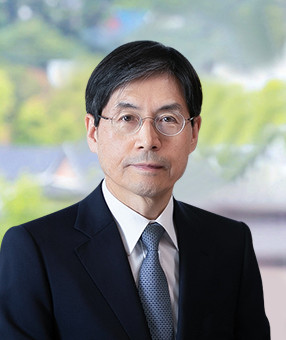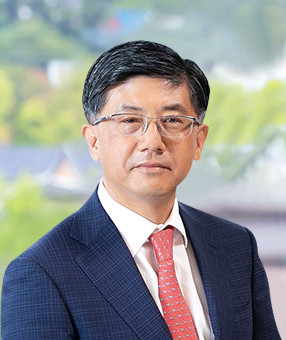Per the Korean Supreme Court’s February 21, 2019 en banc decision1, licensees are now “interested parties” entitled to file invalidation actions against their licensed patents, effectively overturning prior decisions to the contrary.
Background & Supreme Court Decision:
- Previous decision by the Supreme Court
Article 133 (1) of the Korean Patent Act provides that “an interested party … may file a petition for trial to seek invalidation of a patent.”
While the definition of “interested party” in Korea is quite broad, the Supreme Court traditionally held that a licensee does not constitute an “interested party” for purposes of filing an invalidation action against patents it has licensed.2 However, there has been consistent sentiment among some in the Korean legal industry that these decisions against licensees challenging licensed patents should be revisited.
- En banc judgment by the Supreme Court
In the February 21 en banc judgment, the Supreme Court explained that an “interested party” within the meaning of Article 133 (1) of the Korean Patent Act refers to “a person who has direct and real interest in the extinction of a patent, as he or she is or may be subject to certain legal disadvantage due to the existence of that patent,” which “includes a person who is or will be manufacturing and/or selling the same types of products as the patented invention.”
Accordingly, the Court held that “absent special reasons, it cannot be deemed that a licensee of a patent does not have a legal interest in filing an invalidation action against a patent solely on the basis that a patent right cannot be challenged against the licensee.”
Further, the Court noted that: (i) a successful invalidation action can be used to liberate a licensee from restrictions, such as paying royalties or a limited scope of license; and (ii) obtaining a license does not mean the licensee promises not to challenge the validity of the licensed patent.
In light of the above, the Court determined that a licensee can constitute an “interested party” for purposes of filing invalidation actions, and overturned prior case decisions, which had held otherwise.
Significance:
As a result of this Supreme Court decision, licensees in Korea are no longer restricted from challenging the validity of intellectual property rights they have licensed (including patents or trademarks).
2 See, for example, Supreme Court Decision 76Hu7, March 22, 1977; and Supreme Court Decision 82Hu58, December 27, 1983
Related Topics
#Patent Act #IP #Intellectual Property #2019 Issue 1 #Newsletter







